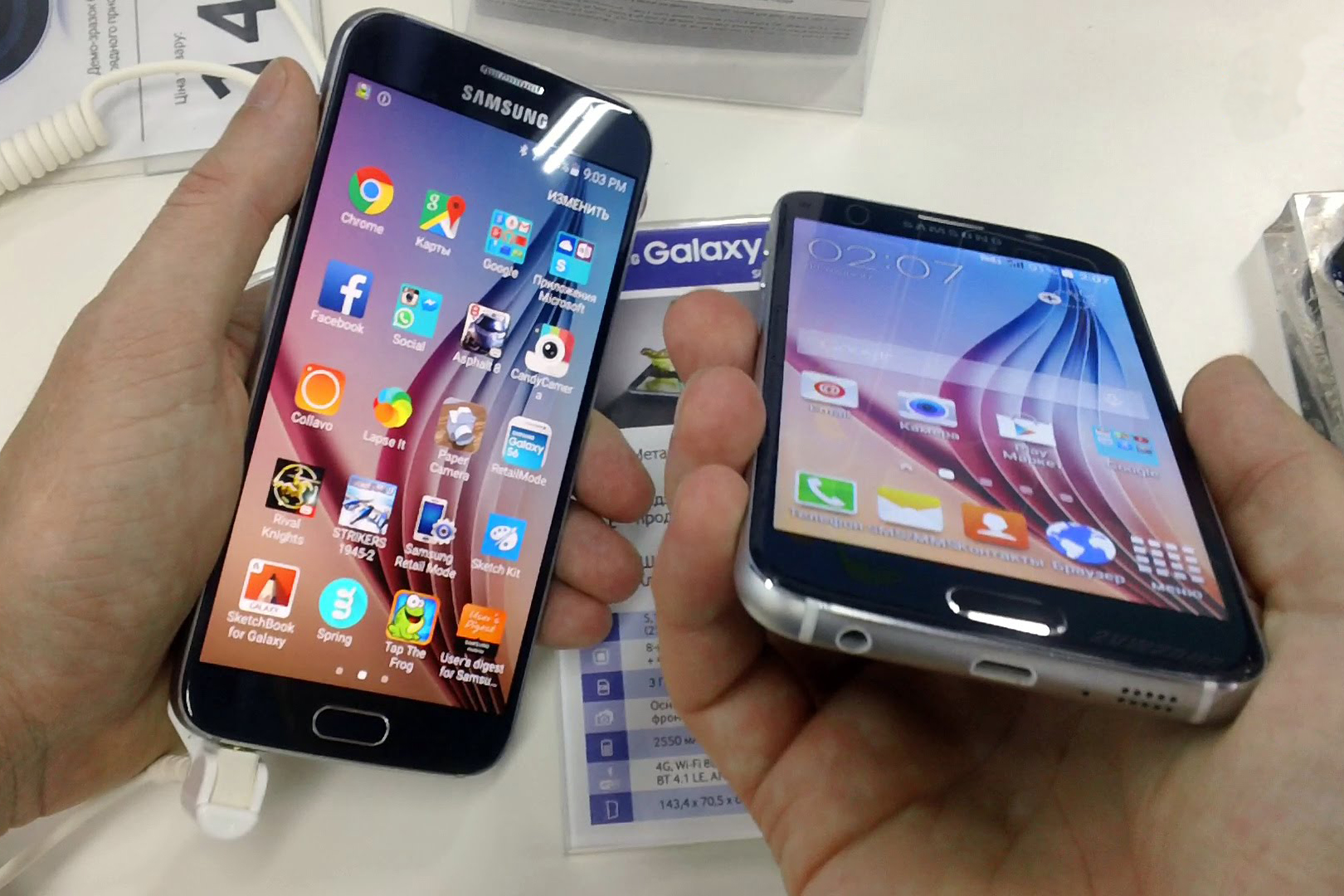
Introduction: Due to the ever-increasing demand for smartphones in Israel, the market has unfortunately seen an increase in the number of counterfeit phones. Becoming a victim of a phone scam not only results in financial losses, but can also lead to security and productivity issues. To protect yourself from such scams, it is important to know how to recognize fake phones and not fall into the trap of fraudulent sellers. In this article, we will provide valuable tips to help you identify counterfeit phones and protect yourself when purchasing a mobile device in Israel.
Buy from authorized retailers:
The easiest way to avoid counterfeit phones is to buy them from authorized and trustworthy retailers. Official brand stores, reputable electronics stores, and authorized resellers are less likely to sell counterfeit devices.
Explore the packaging:
Genuine phones usually come in high quality packaging with clear branding, logos and product information. Check the packaging for spelling errors or inconsistencies, as counterfeit phones often have packaging defects.
Check IMEI number:
Every legitimate phone has a unique International Mobile Equipment Identity (IMEI) number. Check the IMEI number on the device and double-check it on the manufacturer’s official website or at authorized service centers. A changed or unverified IMEI is a red flag.
Inspect Build Quality:
Pay attention to the build quality and materials of the phone. Fake phones may use subpar materials, resulting in poor construction and design. Look for any noticeable design discrepancies or irregularities.
Compare Specifications:
Compare the phone's specifications, including the processor, camera capabilities, and storage, with the official specifications provided by the manufacturer. Any significant deviations may indicate a fake phone.
Check the Software:
Fake phones often come with altered or custom software that mimics the original operating system. Compare the software interface with official images from the manufacturer, and be on the lookout for missing features or unusual behavior.
Test All Features:
Test all phone features thoroughly, including the camera, touch screen, fingerprint sensor, and connectivity. Counterfeit phones may have dysfunctional or low-quality features.
Be careful with unrealistic prices:
Deals that seem too good to be true are often a sure sign of counterfeit phones. Research the market price of the phone you're considering buying to make sure it's worth what you're expecting.
Request documentation:
Ask the seller for documentation, such as a warranty card, receipt, or proof of purchase. Genuine phones usually come with proper documentation, while counterfeit phones often lack these records.
Pay securely:
When making a purchase, use secure payment methods such as credit cards or trusted online payment platforms. Avoid paying with cash or unverified payment methods.
Trust your instincts:
If something about the deal or the phone seems disconnected or suspicious, trust your instincts and consider walking away from the deal.
Research the seller:
Do online research about the merchant or online platform you use. Check reviews and ratings to gauge the seller's reputation and reliability.
Report suspicious activity:
If you suspect that you have encountered a counterfeit phone number or fraudulent activity, please report it to local law enforcement or consumer protection agencies in Israel.
Conclusion: Recognizing fake phones and preventing fraud in Israel is critical to your financial and digital security. By following these tips and remaining vigilant during the purchasing process, you can significantly reduce the risk of falling victim to counterfeit phone scams. Remember, it is always better to be careful and informed when making such an important investment.






